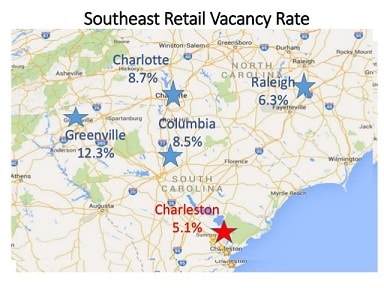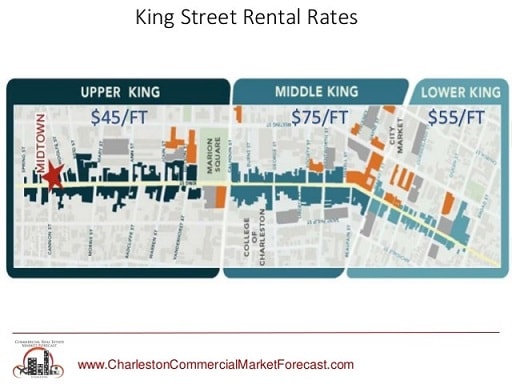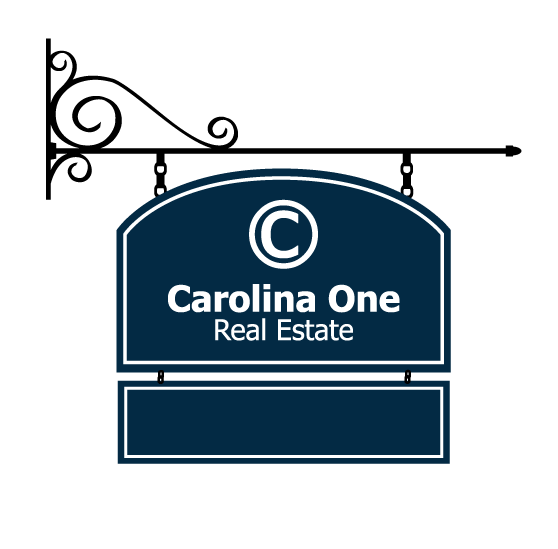Economic Outlook for Charleston SC
Posted by Lee and Katherine Keadle on Thursday, October 22nd, 2015 at 12:56pm.
Here at the Keadle Group, we share a lot of statistics and charts for the residential Charleston real estate market. However, we wanted to focus this blog on current trends and future forecasts for the Charleston economy as a whole.
Job Market in Charleston

Charleston’s economy over the past decade has remained strong compared to similar sized cities around the country because it has varied sources of revenue and job growth. The biggest employers include the Medical University of South Carolina, the Port of Charleston, the Air Force Base and Navy Base, College of Charleston, Roper St. Francis Healthcare, the Charleston International Airport, KapStone Paper and Packaging, MeadWestvaco, and large national corporations (Bosch, Boeing, Google). Newer additions like Volvo and Mercedes are expected to be big players in the coming years (see chart to the right).
Since its arrival in 2009, Boeing has had an $11 billion economic impact on Charleston. Volvo’s recent announcement to come to Charleston comes with a planned $500 million investment and is expected to add 1,300 jobs. Mercedes has the same investment and should add a total of 1,400 jobs. Charleston’s container volumes at the port are up 14% this year. The Panama Canal expansion and Port investments should continue increasing this trend.
These employers cover a range of industries such as education, healthcare, technology (Charleston is often termed the Silicon Harbor), transportation, shipping, and manufacturing. Tourism is also one of the top 3 economic factors but is not specific enough to make it to the big lists since it’s a conglomeration of hotels, restaurants, museums, publications, tour companies, etc.
Commercial Activity and Costs for Charleston

Charleston is generally a more expensive city for businesses compared to nearby cities in the Southeast. For example, when comparing commercial rental prices per square foot:
- Charleston has a cost of $31.49
- Raleigh: $28.08
- Atlanta: $27.55
- Charlotte: $25.69
These prices are supported by declining vacancy rates, increasing development costs, a continuing trend of national expansion into our city, and the benefit/value of tourism (especially in Downtown Charleston). Even at the height of its retail vacancy rate (8.5% in 2012), its numbers were stronger than nearby cities’ current rates.

In all of Charleston, King Street sees the highest demand and highest prices for retail rent. Middle King (from the Charleston Place Hotel to Marion Square) currently goes for $75/sq ft. Lower King (south of Market) goes for $55/ft, and the increasingly popular Upper King (north of Calhoun Street) is the most affordable at $45/ft.
Market forecasts include these key takeaways:
- Charleston is expected to have significant development inside Interstate 526 as home buyers and businesses continue to show trends of wanting to live, work, and shop close to Downtown Charleston. (As real estate agents, we’ve seen this trend for ourselves as buyers look for walkability and shorter commute times.)
- Both rental rates and property values should increase at a healthy rate.
- Although Charleston is able to attract and retain talent due to a high quality of life, workforce availability might struggle to keep up with demand from growing employers.
For more information about living in Charleston, contact us!


